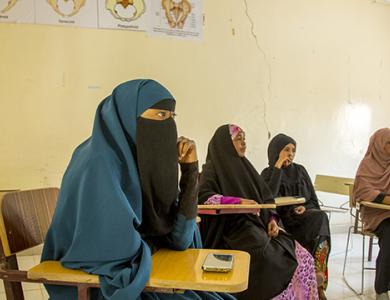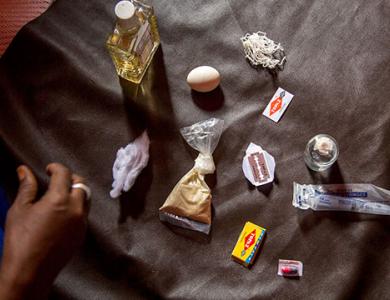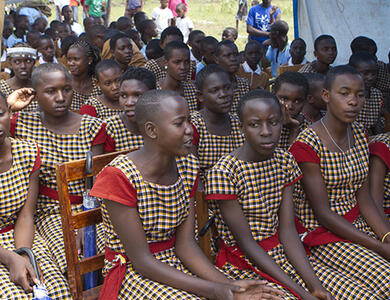
2018 Annual Report of FGM Joint Programme: Accelerating Change
The practice of female genital mutilation (FGM) has continued to decline around the world, including in high prevalence countries where the United Nations Population Fund (UNFPA) and the United Nations Children’s Fund (UNICEF) have been implementing the Joint Programme on Female Genital Mutilation: Accelerating Change.

5 ways female genital mutilation undermines the health of women and girls
Girls and women who undergo FGM face a range of serious health risks – from potentially fatal bleeding to childbirth complications to long-term psychological problems.

Top 5 things you didn’t know about female genital mutilation
Despite being internationally recognized as a human rights violation, some 200 million girls and women alive today have undergone FGM. Here's what you need to know.

Ramping up cervical cancer prevention efforts in the Republic of Moldova
Cervical cancer is extremely deadly – and common. Yet a vast majority of these deaths could be prevented with simple screening and vaccination efforts.

For girls escaping FGM in rural Tanzania, crowdsourced maps show the way to safety
Volunteers around the world pitch in to help protect girls at risk – linking grassroots and global action, and generating data that strengthens the push to end FGM.